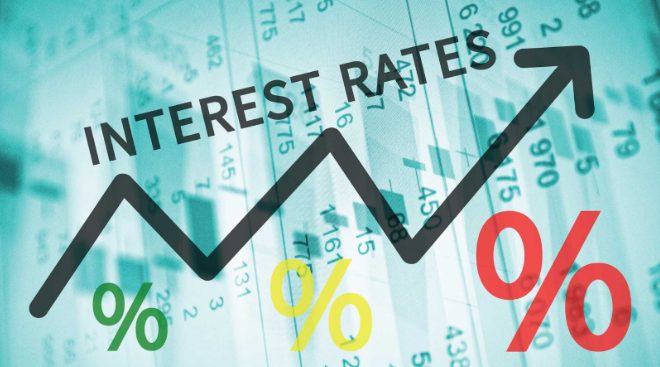Personal loan interest rates can vary from one borrower to another. Along with the principal amount, they form an integral part of the personal loan. Since they can fluctuate as per various economic and fiscal factors, the repayment amount also rises or falls accordingly. Therefore, it is essential to know all possible factors which affect interest rates on personal loans.
Factors that affect personal loan interest rates
Discussed as follows are factors that affect interest rates on quick loans, an emergency loan, or a top-up personal loan –
- Income
Your income and interest rates on personal loans have an inverse relationship. The greater is your income, the higher are your chances of getting a loan. Lenders also charge a lower interest rate for such a borrower, given the financial comfort granted by a high income.
- Credit score
Calculated by credit score agencies, your credit score determines the interest rate for a personal loan. Your credit score is essentially a cumulative figure of the number of loans you have taken, the amount loaned to you, your repayment history, and missed payments. The higher your credit score, the lower is personal loan interest rate. The vice-versa also applies, wherein the lower your credit score, the higher is the interest rate.
- Organizational status
Your organization’s status is one of the factors which will determine the interest rate charged on a loan, especially if it is a quick loan. Usually, lenders link the borrower’s creditworthiness to the organization’s credibility. A more renowned organization might thus lead lenders to ease their lending policies and apply a lower interest rate.
- Debt-to-Income ratio
Your debt-to-income ratio shows the ratio of your total debt divided by your income. Despite a high income, your creditworthiness decreases if a large part of your salary is for repaying debts. If your debt burden is low, chances of a higher interest rate on the personal loan are also lower.
In case of a high debt-to-income ratio, a customer can consider the option of loan refinancing. It is a process wherein you can take out a new loan to fulfill old debt obligations. Refinanced loans tend to have a longer tenure for repayment. Likewise, decreasing your debt-to-income ratio will help you get a lower interest rate for the personal loan.
- Relationship with the Lender
If you are a long-time trusted customer of the lenders, there is a better chance that the lender may be more lenient while granting you a loan with lesser interest rates.
- Repayment History
If your repayment history features default, lenders may charge higher interest rates. They may even reject your application for a personal loan. Preferably, make sure that you have no history of defaulting payments for at least the last 12 months.
In case you already have an existing personal loan, you can opt for a top up loan as well. Top-up loans are an additional financial option for emergencies. The amount loaned is added to the existing amount of the personal loan. Top-up loans are viable if you have a good credit score, a trustworthy relationship with your lender, and are clear of defaulting payments.
Top-up loans also have an easy approval process that does not require you to submit additional documents for verification. The top-up loan interest rate also remains the same as your previous personal loan. Under such circumstances, if you are close with your lender, they may waive off certain charges or agree to different interest rates as well. It also has an exceptionally long tenure that can go up to 20 years.
Final thoughts
Quick loans are based more on income than collateral. Therefore, you need to get your financial history straight to get your loan applications considered by your lender. Once the borrower meets all listed factors, there should be no difficulty in getting a personal loan with lower interest rates for the desired period.
Go to Homepage
